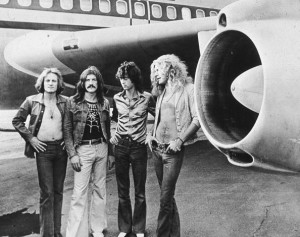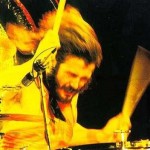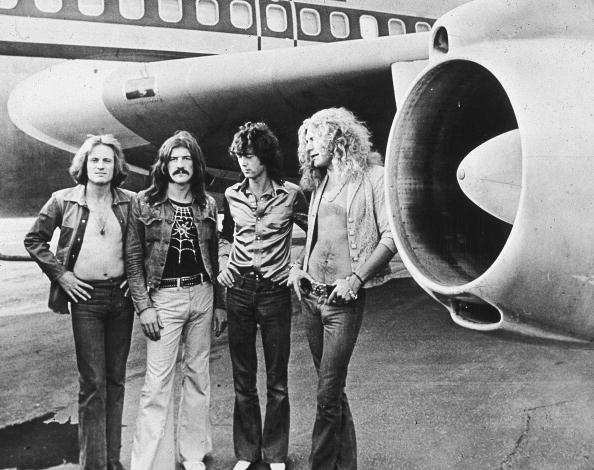
“For years and years, we had people line up overnight to wait for tickets,” recalls Steven Rosenblatt, the ticket-office manager at Boston Garden on that January night, “but we never had anything like this.” Someone pried open the Garden’s locked doors around midnight, and soon hundreds of beer-drinking, bottle throwing Led Zeppelin fans had the run of Boston Garden. “You couldn’t have this kind of crowd running around un-tethered inside the building,” says Rosenblatt, “so we decided to open the ticket windows.”
The near-riot was calmed by around 2:30 a.m., when the Garden staff began selling tickets hours ahead of schedule. By 6:00 a.m., all 9,000 seats were sold out and the crowd had dispersed, but not before causing upwards of $50,000 to the Garden and infuriating the Boston’s mayor, Kevin H. White.
No one could accuse Mayor White of failing to understand the power of rock and roll.
Back in 1972, he had personally intervened to free the Rolling Stones from a Warwick, Rhode Island, jail rather than risk a riot by angry Stones fans if a scheduled concert in Boston that night were cancelled.
White came down hard on the Led Zeppelin rioters.

That tour would be Led Zeppelin’s last in the United States, as the group disbanded following the death of drummer John Bonham on September 25, 1980.
by Wallace McTavish


